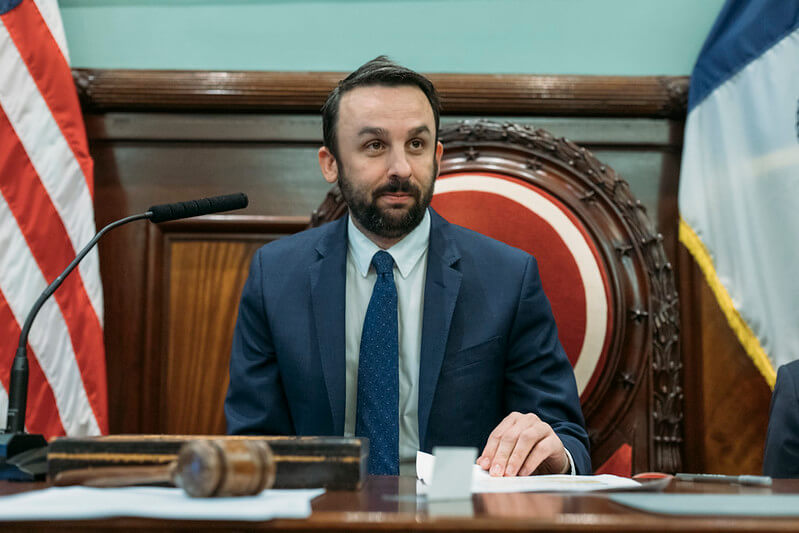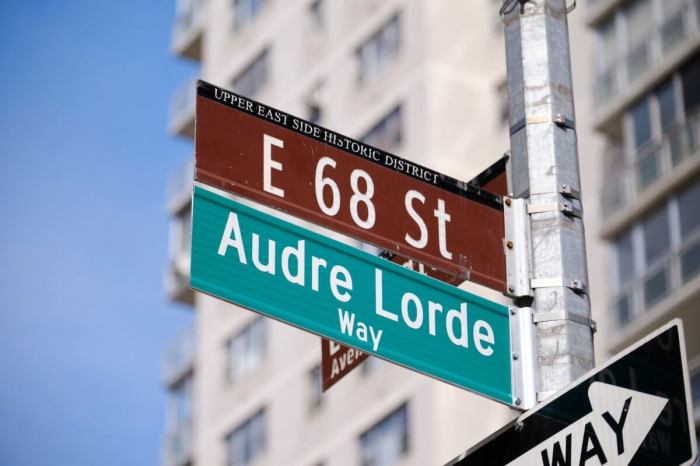In a bid to enshrine stronger protections for freelance workers into city law, City Council Members Keith Powers and Chi Ossé will introduce a package of bills Tuesday aimed at limiting non-compete clauses and allowing more contract workers to access safeguards the city already has on the books.
The three-bill package contains legislation that will greatly limit the use of non-compete clauses in freelance contracts – with some exceptions, lower the monetary threshold for coverage under the city’s “Freelance Isn’t Free Act” from $800 to $250 and dub April “Freelancers’ Appreciation Month,” Powers (D-Manhattan) told amNewYork Metro in an exclusive interview on the bills.
Powers said increasing protections for freelancers is crucial because they make up a sizable chunk of the city’s workforce – a 2019 report from the city found that 34%, roughly 1.3 million, of New York City workers were freelancers. And that number has only increased as more and more workers have left their more traditional jobs to become freelancers over the last two and a half years of the COVID-19 pandemic.
“New York City is home to more freelancers than anywhere else in the world,” Powers said. “And as we think and talk about a new way of working here in New York City, and many individuals have taken up freelancing during pandemic, as employment has shifted and changed, it’s really important that we protect New Yorkers against predatory practices, and that we are encouraging them to be able to make a living here in the city.”
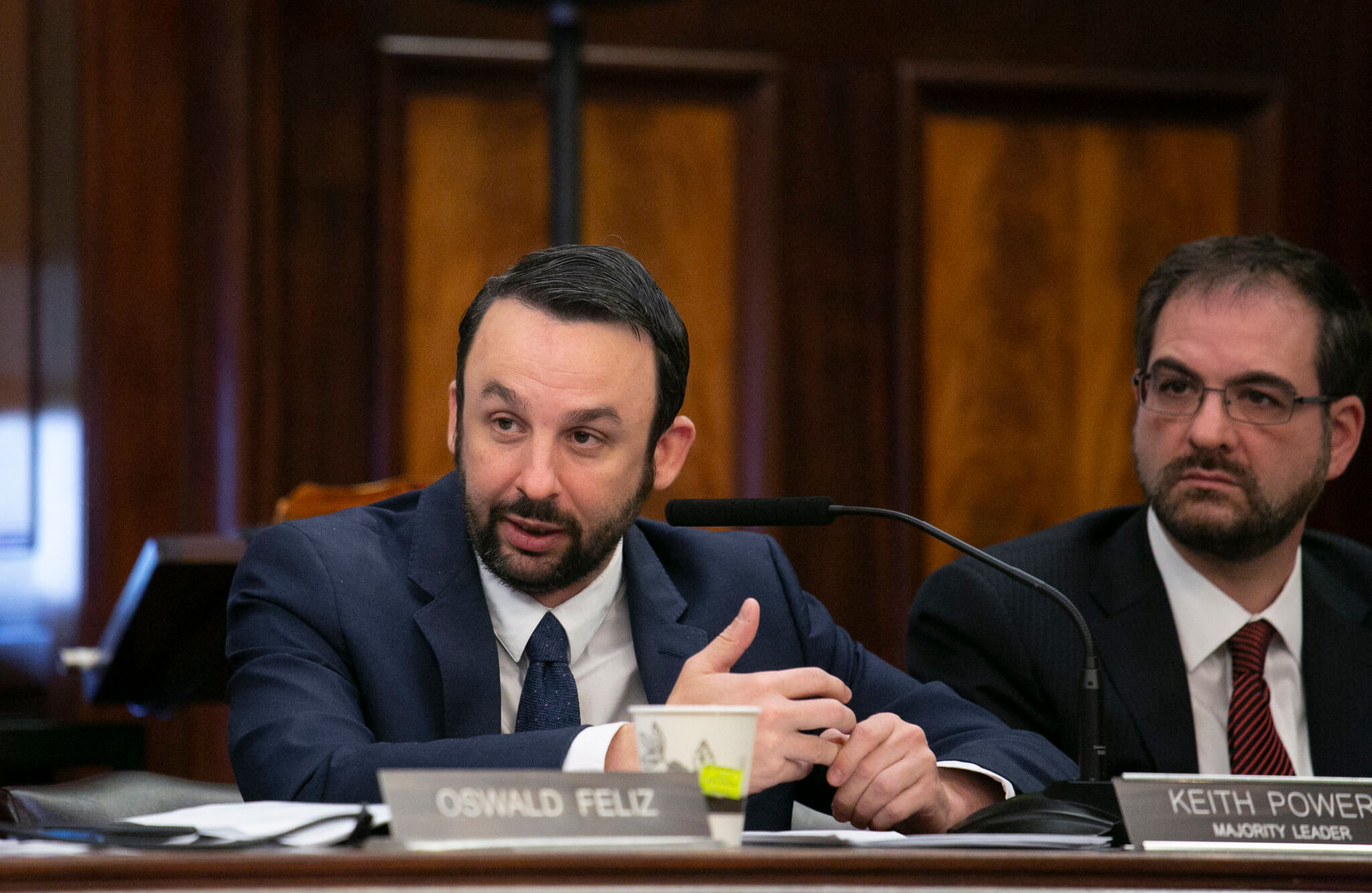
The number of full-time freelance workers has grown nationally during the pandemic, according to a report from Upwork that found the percentage of non-temporary freelancers in the U.S. workforce rose from 33.8% to 35% between 2020 and 2021.
Rafael Espinal Jr., the president and executive director of the Freelancers Union and a former Brooklyn City Council member, said that while he doesn’t have specific data on the number of workers who’ve turned to freelancing in the city during the pandemic yet, he expects it mirrors the national trends.
“We do know that that number has grown a lot larger, mostly because when folks were laid off from their full-time jobs, they turned to freelance work as an opportunity to bring income into their home and it also gave them the space to kind of reconsider their next career move,” Espinal said. “We saw for example, in 2019, nationally, that number being 57 million Americans. And just last year, that number grew to 59 million Americans. So we expect a similar shift to have happened here in our city.”
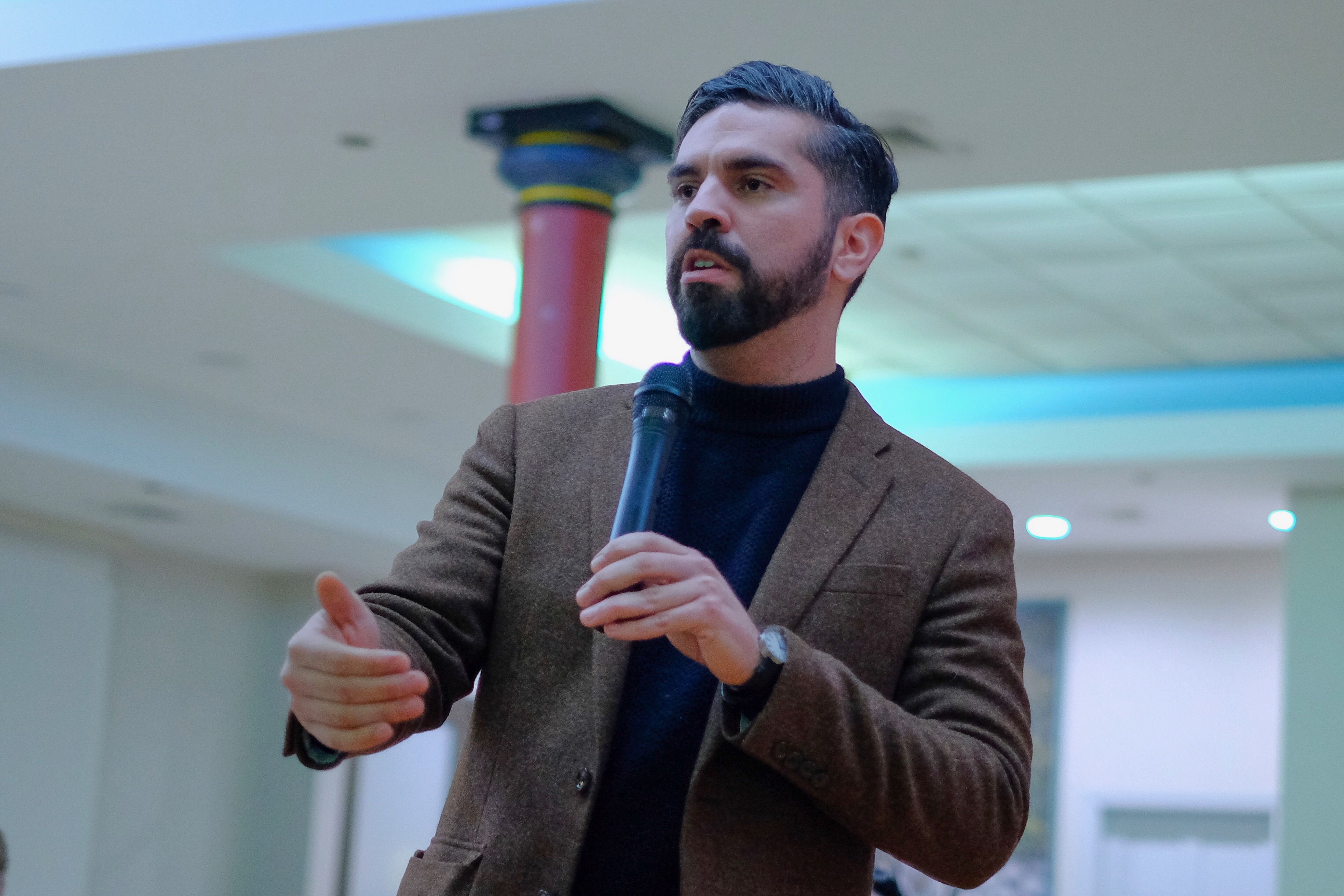
Freelancers in the Big Apple currently lack the same protections as traditional workers, Powers said, with more than 73% saying they either were paid late or not at all in the 2019 report.
“Just like many people in your most traditional employment have lots of protections and safeguards around what is allowed, we often find freelancers lack those basic protections, even though they’re providing a critical service to many businesses here in the city,” Powers said.
Ossé (D-Brooklyn), in a statement to amNewYork Metro, echoed the idea that freelancers are often vulnerable to exploitation when compared to the traditional workforce.
“Freelancers make up a cornerstone of our city’s economy,” Ossé said. “New York runs on their labor without providing them adequate protections, allowing them to be subjected to abuses from which traditional workers are often safe.”
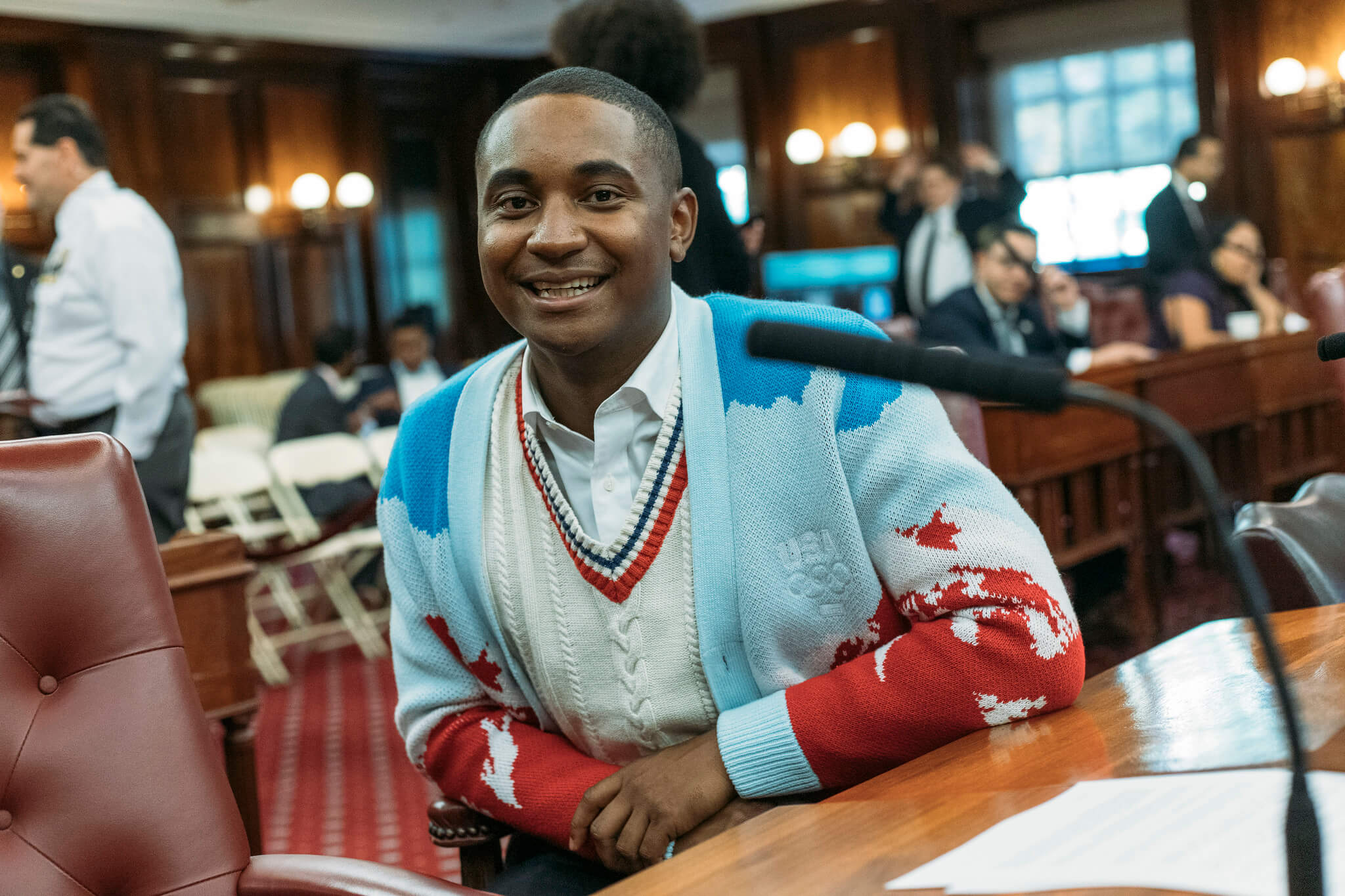
Espinal said Powers’ bill to mostly eliminate non-compete clauses in freelance contracts is necessary because many freelancers who work with larger corporate clients are compelled to sign contracts that include the provisions, which bar them from picking up other work. This is an issue, Powers said, because most freelancers work for multiple clients at once, and these sections hinder their ability to make the most money they can.
“Freelancers usually are, making different income streams at the same time, [working] for numerous clients during each month,” Powers said. “And, because of the nature of the work and it being so unpredictable, putting restrictions on their ability to find new income streams or find new clients, it seems to me, it hurts their ability to support themselves. So it’s preserving their autonomy to continue to look for work and make a living, while working on existing projects.”
Ossé’s bill makes the Freelance Isn’t Free Act – which affords freelancers the right to a written contract, full and timely payment and protection from retaliation – applicable to those working on contracts for $250 or more, rather than $800 or more under the current rules.
“Lowering the current threshold from $800 to 250 would ensure that more workers, especially lower wage workers, who are performing freelance work, are protected and are getting paid for the work that they’re completing,” Espinal said.



